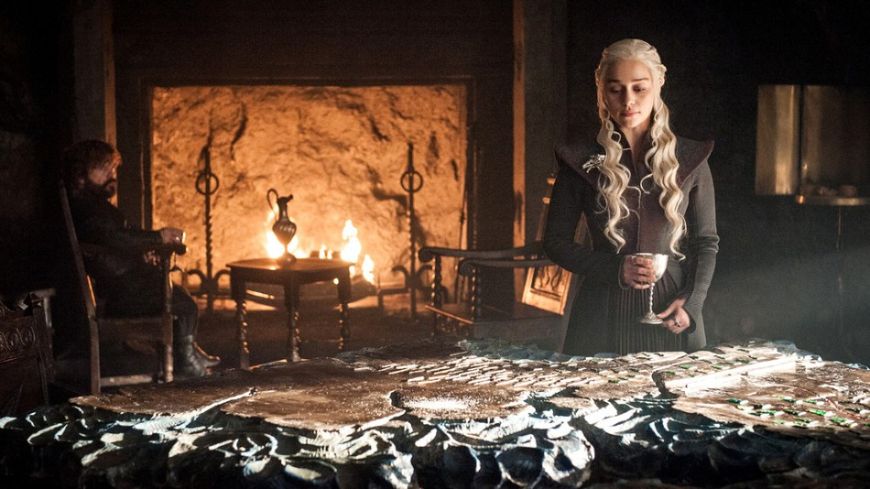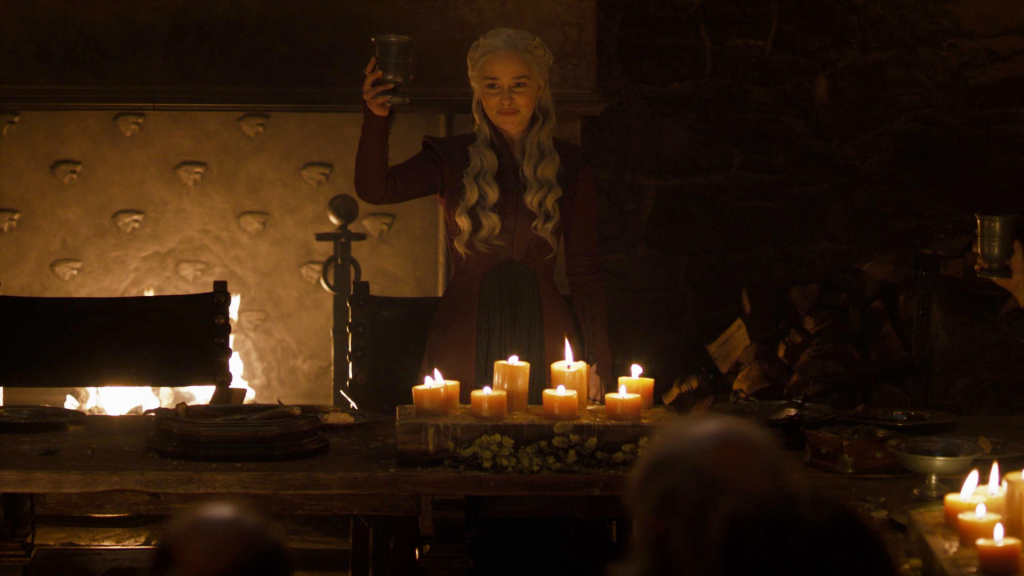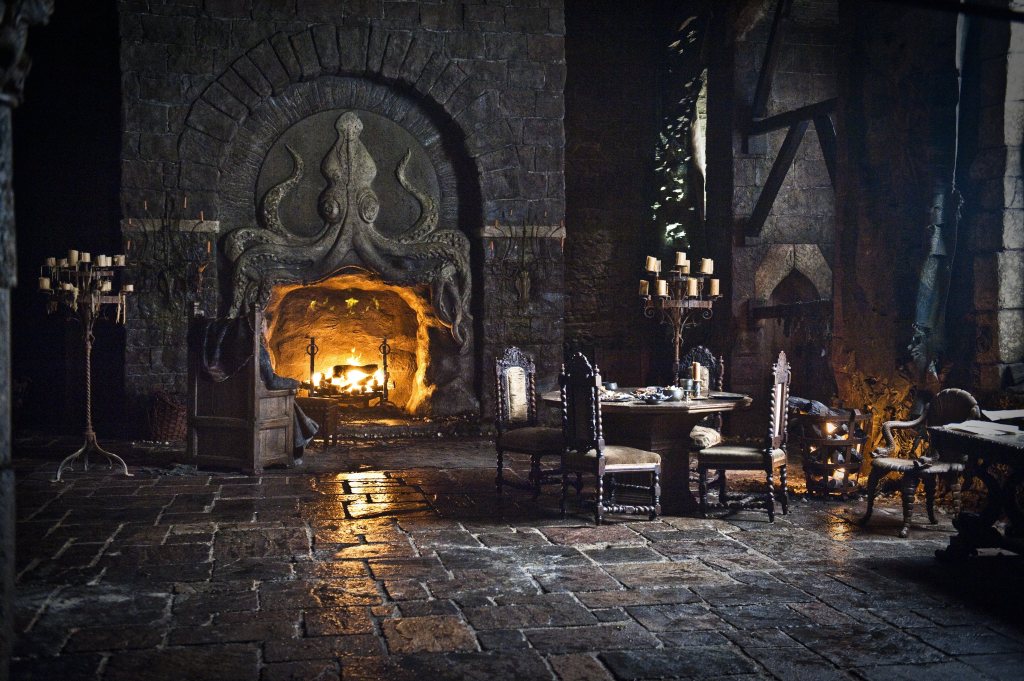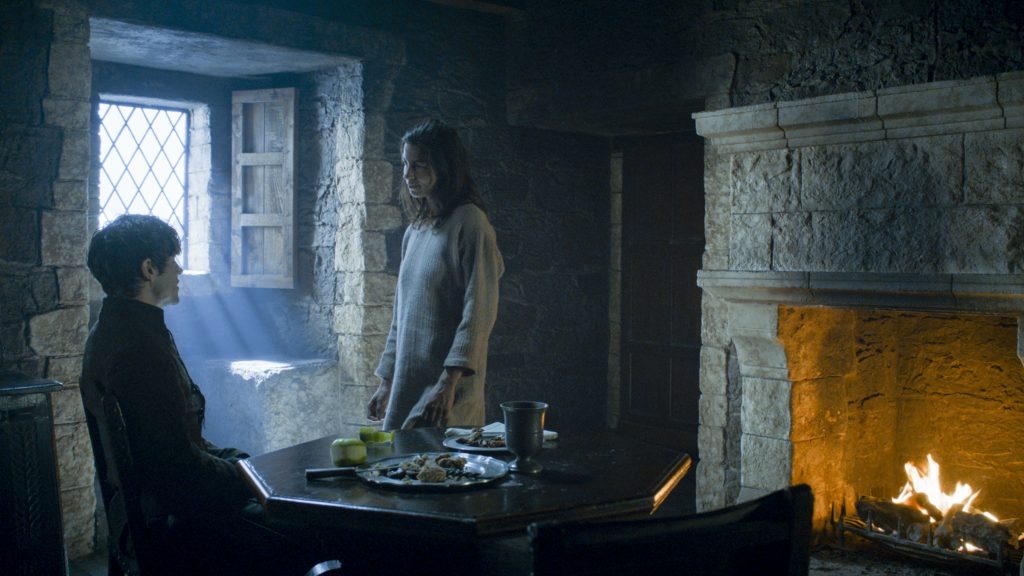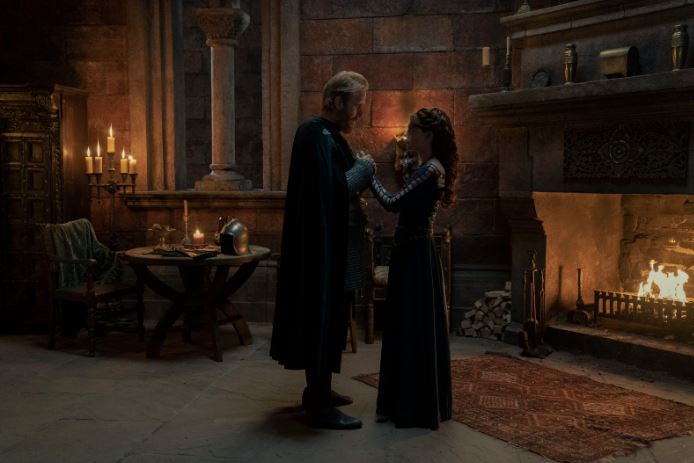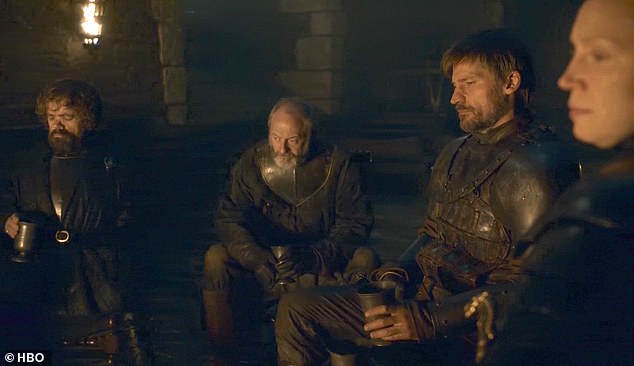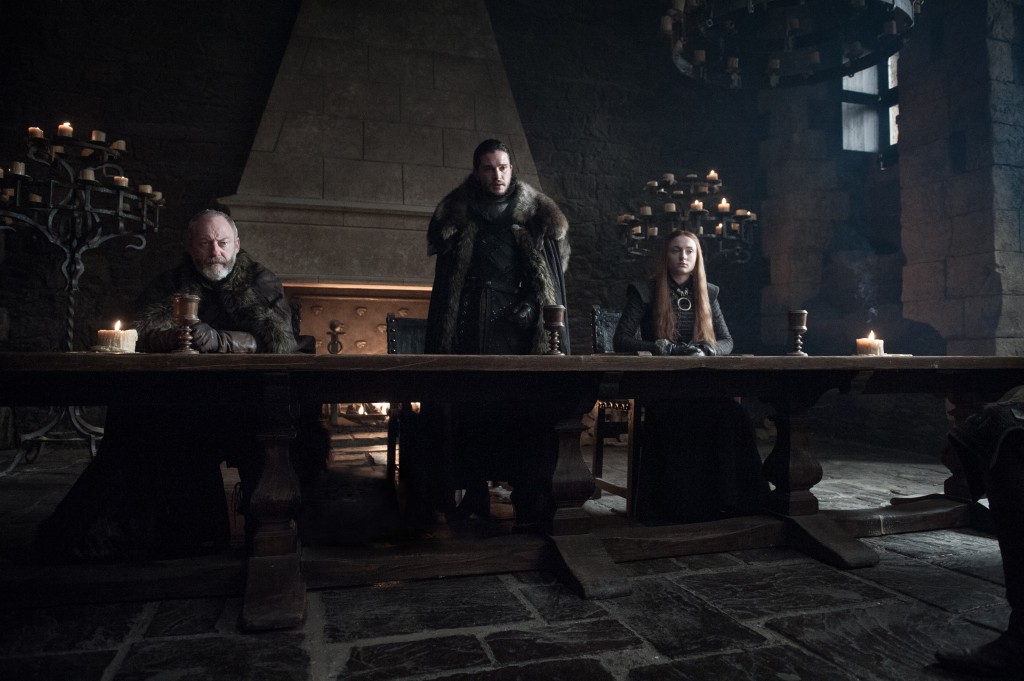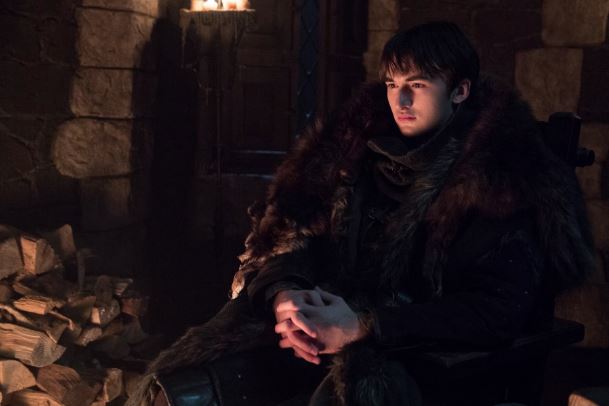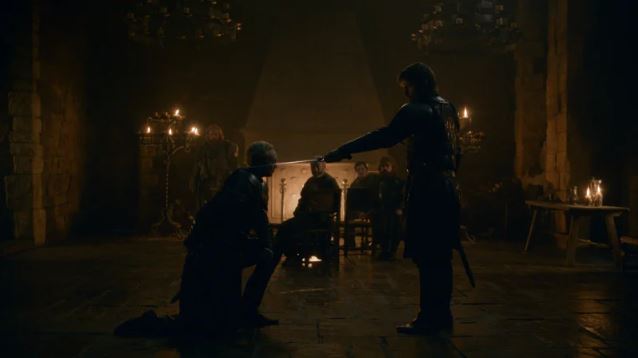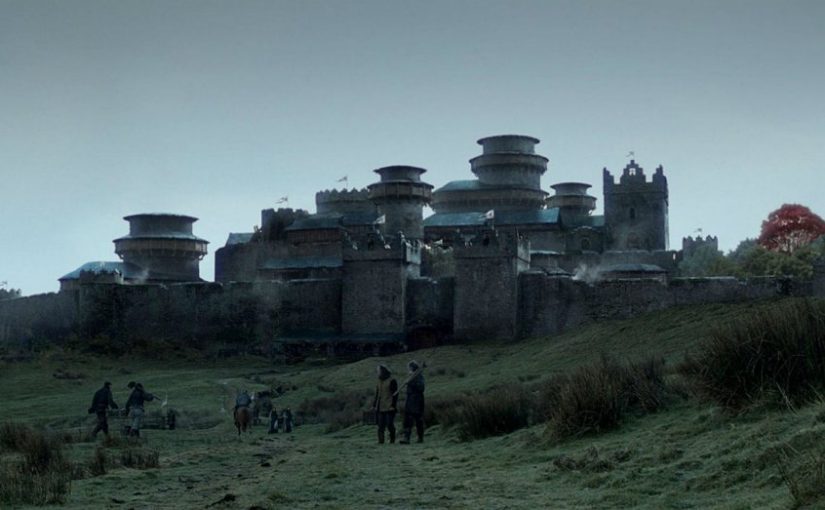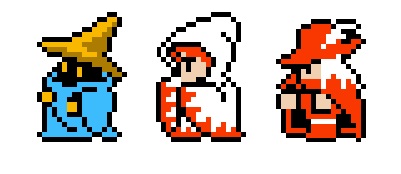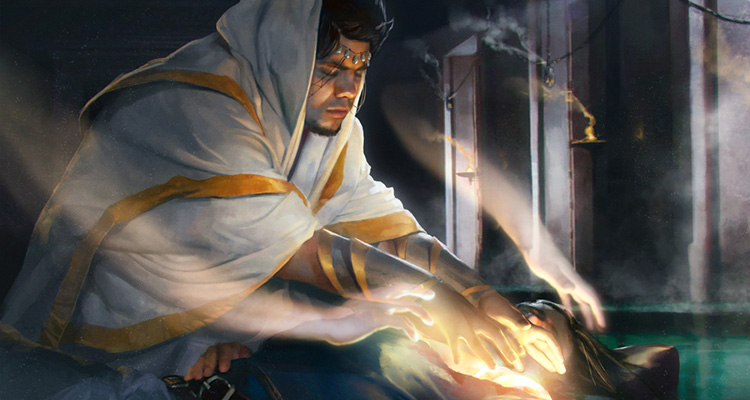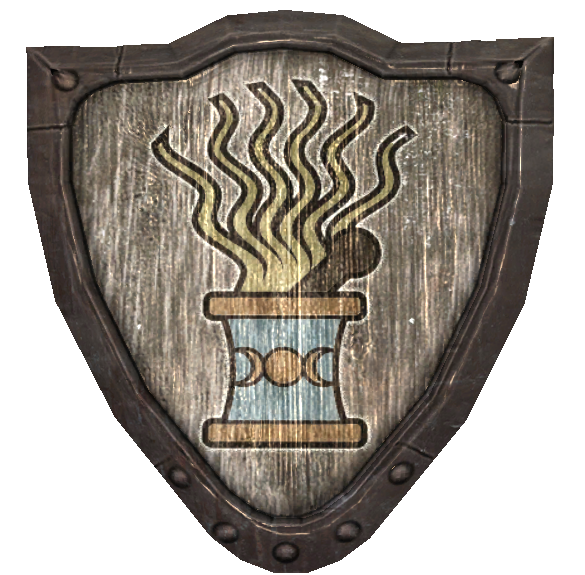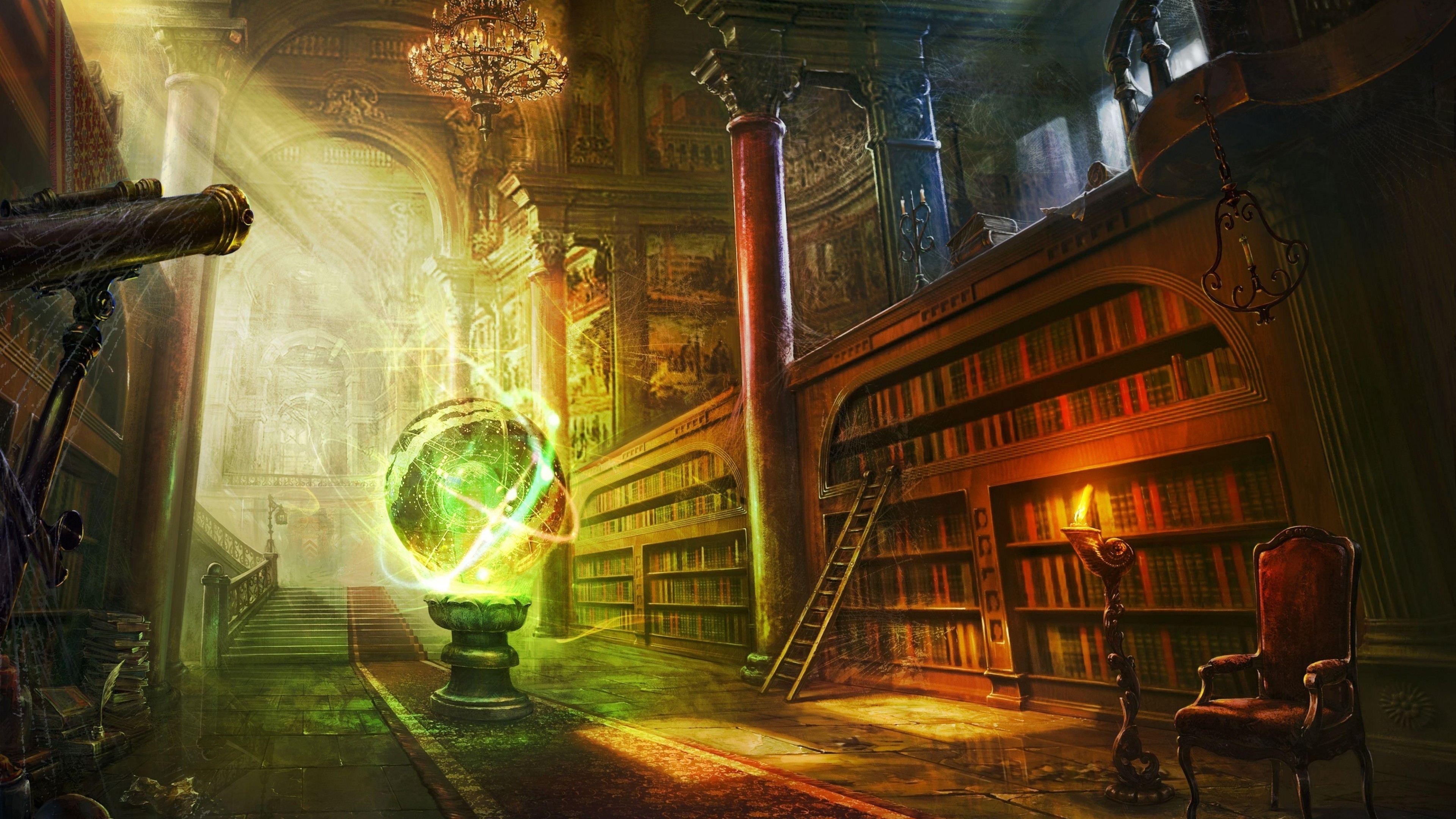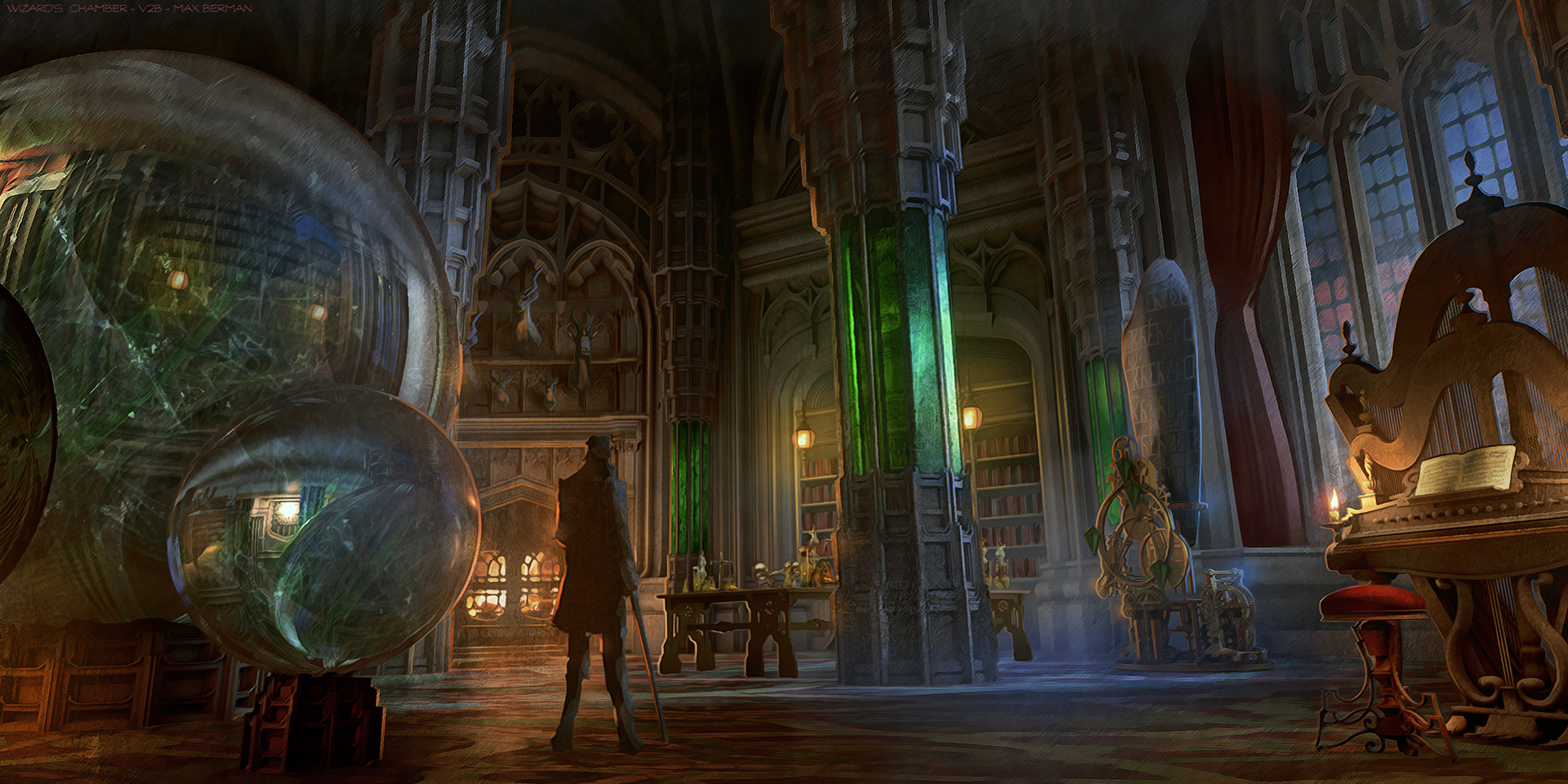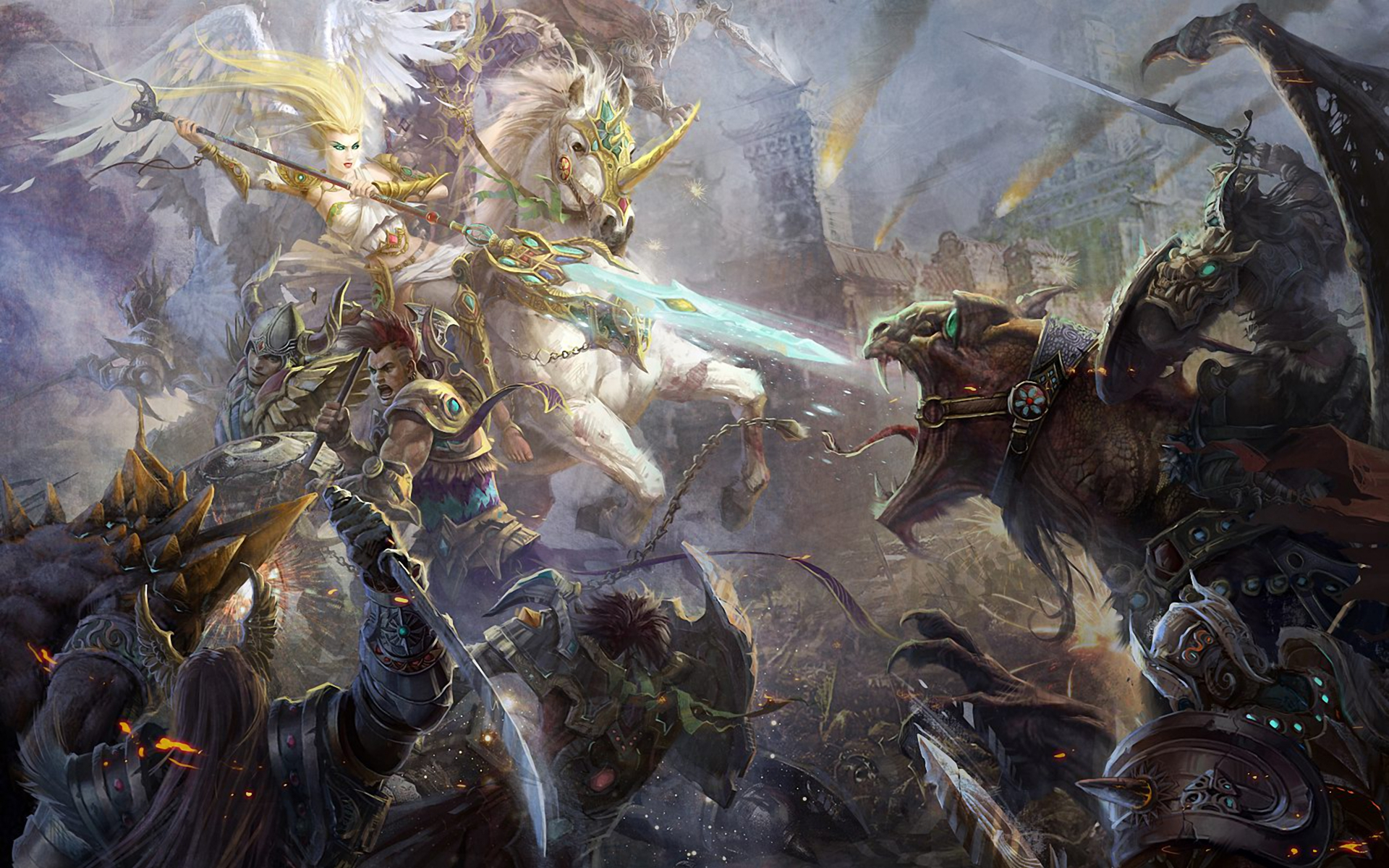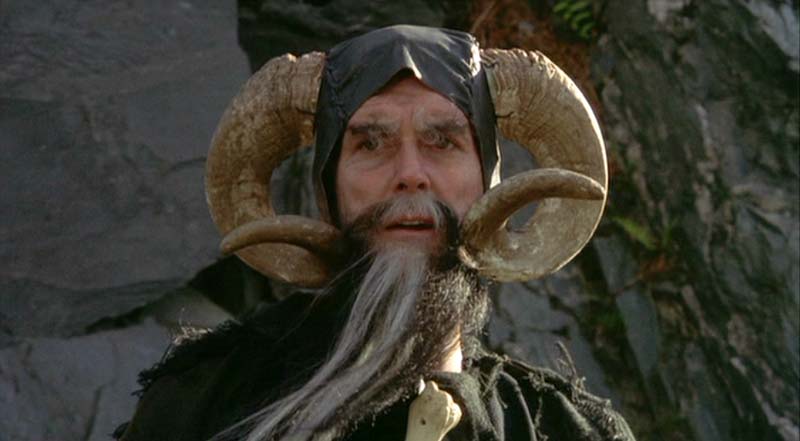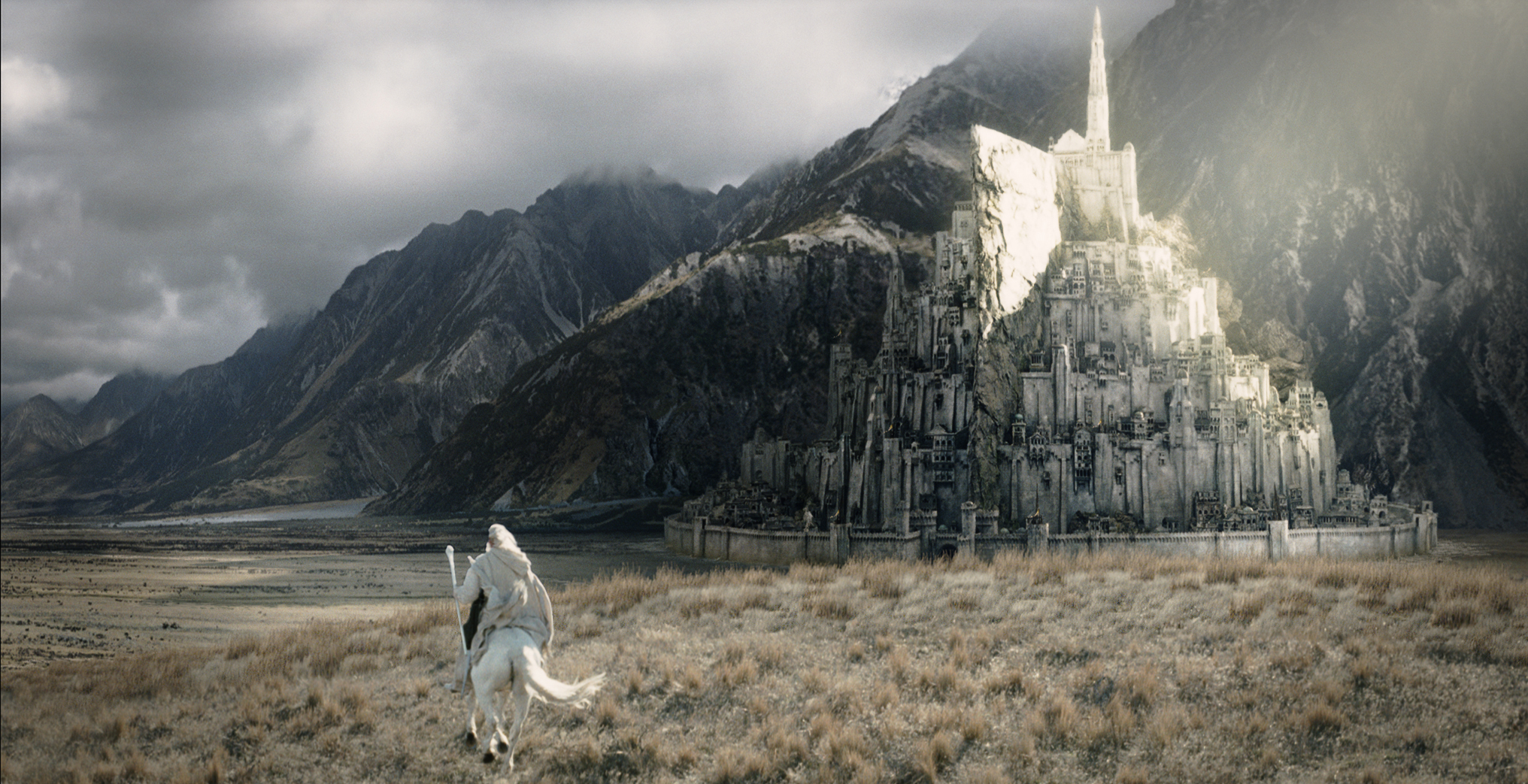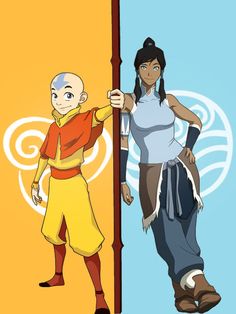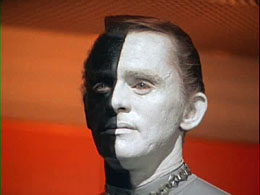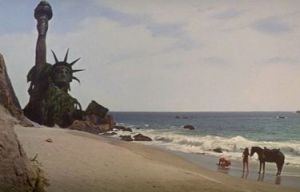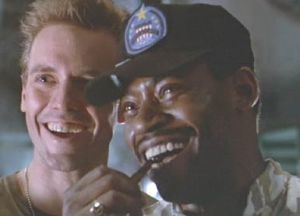This topic has been on my mind for years now. I had originally intended to release this blog post later in the year as winter set in (for reasons that will be obvious in a moment), but since House of the Dragon premiers this weekend, now seemed as good a time as any.
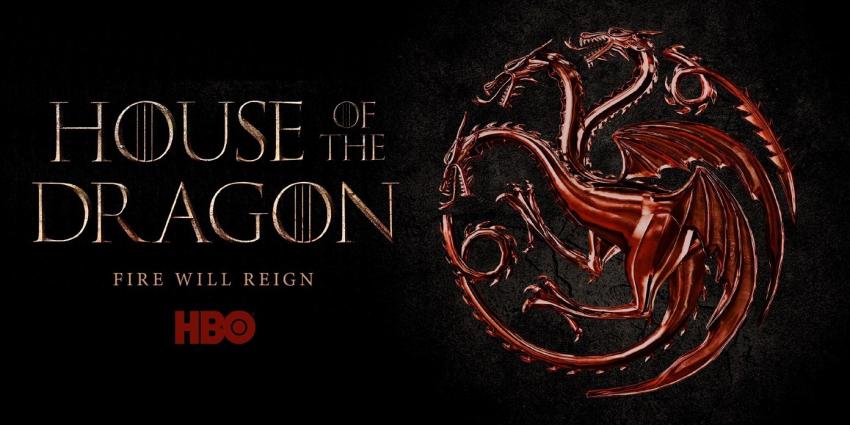
There’s a part of the worldbuilding of Westeros that I want to examine. Before we get into that, let me first say that George R.R. Martin’s series is one of my favorite fantasy worlds of all time. It’s full of wonderfully flawed characters, historical parallels, and rich backstory. One of the things that sets it apart from many other fantasy worlds is the concept that the seasons can last much longer than in our world. The winters in Westeros are famously years long and apocalyptically cold.
It’s the topic of winters that I want to delve into here.
There are precedents in actual history for seasons lasting beyond their usual cycle, such as the Year Without a Summer in 1816. In Westeros, however, winters can last for up to six or seven years at a time, possibly longer. For the purposes of this discussion we’re not going to worry about saving up the requisite amount of food as we have many examples from history on methods to avoid potential famine over long periods of time. The main thing we are going to look at (as the title suggests) is the question of firewood.
The Westerosi, like their medieval counterparts, don’t have many ways to heat their homes. There are no radiators or electric heaters to rely upon, so to survive the cold, cruel winters, they would have to burn fuel to keep themselves warm and cook their food. In real life, it was an arduous enough task to cut enough firewood to last a winter season that spanned only three to five months. Virtually every moment not spent on some of other critical task had to be devoted to cutting firewood, just to make sure you had enough.
Now imagine having to stockpile firewood for a winter that can last for years. If the winters are as bad as Old Nan suggests, you won’t be able to cut down trees after winter has come due to the risk of exposure and sickness. Since you have no way of knowing just how long winter will be, you had better assume it’s going to go the full seven years. If you cut enough for three years, and winter lasts four, you’re dead.
Truly, when you play the game of firewood, you either have enough or you die; there is no middle ground.
(Sorry, couldn’t resist.)
How much firewood are we talking?
Let’s say that you’re a peasant living somewhere in Westeros, possibly in a sturdy cottage or farmhouse. You likely have only one hearth or fireplace. You might even have a fire pit, which is likely closer to what actual medieval peasants used to use less wood as they brave the harsh winters of Northern Europe. Whatever form your heat source takes, you’ll need to keep the fire going all the time. Letting it go out overnight could result in you waking up a frozen peasant-sicle.
To accomplish this, you’ll need fuel in the form of wood. There are other forms of fuel, but firewood is going to be your most reliable and most abundant. Also, I don’t know of many defined peat bogs (peat being another source of fuel) found in the North, where the hammer of winter falls the hardest. You could burn animal dung, but they require additional food stores, so again, wood is likely going to be your mainstay.
According to sources I found (listed below), heating a 1,000 square foot house needs about 3 cords of wood for a three-month winter, effectively one cord per month per 1,000 square feet. Luckily for our hypothetical peasant, their home is likely smaller than that size, so it requires less fuel to heat. For ease of measurement, let’s say the home in question is half that square footage, so 500 square feet. Assuming the ceiling is 10-feet high, the example cottage would be around 5,000 cubic feet.
We’ll assume that the history of extremely long winters has made insulation and heat retention for this peasant’s house roughly equivalent to the modern standard. That’s a big leap, sure, but I’m giving the people of Westeros the benefit of the doubt here.
So, how much is a cord of wood? A single cord of firewood is usually defined as a stack that’s 4 feet wide, 4 feet tall, and 8 feet long. That winds up being 128 cubic feet of wood.
Seven years equals 84 months. According to the example above, it would take 84 cords of wood for a modern 1,000 square foot house to keep a fire going for that long, so it would take around 42 cords of wood at the very least to heat the Westerosi peasant’s house. Doing the math, that’s a stack of wood 168 feet wide, 168 feet tall, and 336 feet long, or 9,483,264 cubic feet.
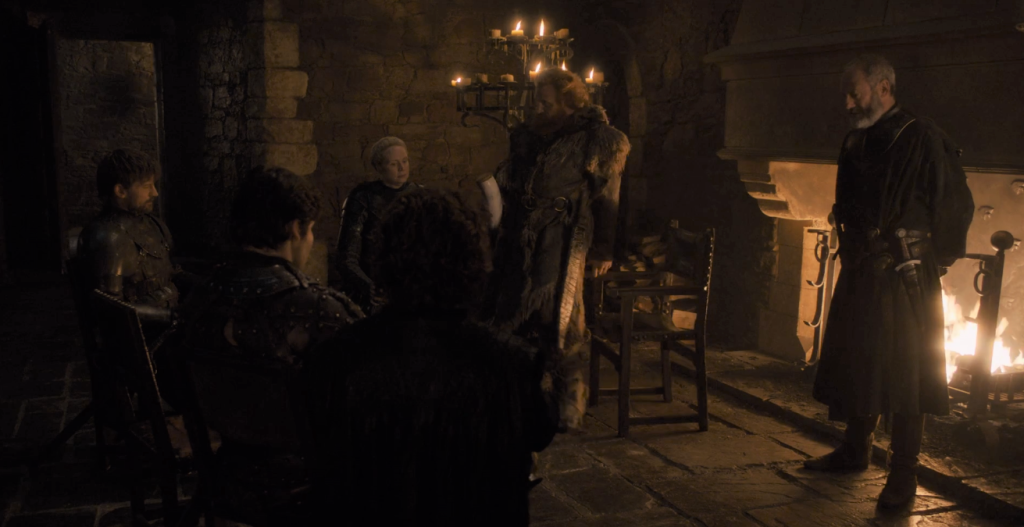
To give you an idea of just how much that is, imagine that you covered every inch of a modern football field with firewood (including at least one end zone) and stacked it all up to a height of 168 feet. That’s taller than the Statue of Liberty.
See the problem?
All of that is to fuel a single fireplace continuously for seven years, to say nothing of if you have a larger home with more than one fireplace. Even if fire pits might allow you to cut less wood than it would take to keep a regular fireplace going, the extreme length of time you have to maintain it makes it a herculean feat to cut that much firewood.
Blisters and Magnification:
With modern logging equipment, or just a functional chainsaw, a single person could conceivably cut that much wood during the seven years of the Long Summer, but the folk of Westeros don’t have that luxury. They would certainly have a wood-cutting axe handy, and if they are very lucky, they might also have a splitting wedge and/or maul to make things easier.
Regardless of the equipment available, the daunting task of cutting that much wood must be done by hand. The amount of effort it would take to cut, transport, split, season, and store that amount of wood so it won’t rot is staggering. Talk about calluses!
Perhaps larger keeps and holdfasts would have whole teams of lumberjacks with big cross cut saws to fell the timbers faster, but having a larger home, with more than one fireplace, only magnifies this problem.
It’s hard to get a read on just how many hearths and fireplaces some of the major holdings in the series possess. We can safely cross Winterfell off the list here, since it has the hot spring flowing through its walls (or did until Ramsay Bolton messed it all up in the books. Spoilers, sorry!).
The only solid number we have comes from Harrenhal. Its rather inaccurately named Hall of the Hundred Hearths has only about 35 of them. That’s in one room. Admittedly, this fortress was built to a colossal scale, but it’s safe to say that large holdings like Highgarden, Casterly Rock, and the Red Keep might have dozens of fireplaces that they keep going, from the main hall to the private quarters of the noble families.
That doesn’t even take into account things like wood for torches to light the halls, braziers for watch fires, fuel for the forge, or any extra wood used in the kitchens for cooking and food preparation. Even a lord or castellan that is extremely frugal with the available stores of wood would surely be using many times that of our hypothetical peasant in a cottage.
How are there any forests left standing in Westeros if that’s the case?
Inventing a Solution:
George R. R. Martin is a smart author, and he’s tackled problems like this before. Ravens, for example. I’m speculating here, but I imagine that he looked at how massive Westeros was, and how far flung the centers of power actually are on the map. They were once seven independent kingdoms after all. There aren’t many usable roads connecting them, and a lack of an inland sea really limits how fast ships can get to places. Without a means of fast, reliable travel overland or by sea, it would be almost impossible to effectively administrate a kingdom of that size using any historical medieval methods. Without some channel for communications, the Seven Kingdoms would have likely collapsed under its own geopolitical weight.
So, GRRM invented a means to send messages quickly over great distances. Enter the Maesters and their incredible knowledge of ravenry (or rookery). Like trained carrier pigeons, you attach a note to one of their feet and off they go to a predetermined place. It’s not clear how fast these birds are, but I would imagine that a Prince of Dorne might have a decent idea of what was going on in the North within a week or two, as opposed to many months to a year.
GRRM famously dislikes fan fiction set in his universe, so let’s simply look at this as a mental exercise. Let’s apply the same kind of practical problem solving he used with ravens to the firewood problem. What follows is my solution to the problem. If you have a solution of your own, or if there is a solution presented in the books that I have missed, I would love to hear it in comments below.
Enter the Winter Oak. This tree is a cousin to the Weirwood tree, sharing some of its physical properties, but distinctly lacking in its metaphysical ones. Like the Weirwood, it maintains its bloom throughout all seasons, needing little in the way of sunlight, but more importantly, the wood of the Winter Oak does not rot. It can be stored for years on end without degradation from either outside conditions or damage from vermin. That alone would make it invaluable to Westeros, but we don’t stop there. Here are a few more characteristics that help alleviate the firewood problem:
- The Winter Oak burns many times longer than regular oak, maple, or hickory due in part to the special red sap it secretes. It is not appreciably heavier to carry or harder to cut. Stocking this wood allows you to greatly reduce the fuel you need to get through the winter by several orders of magnitude.
- This tree produces thousands of seed pods that are a particularly attractive food source to burrowing animals. The animals eat the pods and fertilize the seeds in their feces underground. This allows new trees to find fertile ground and start growing even with several feet of snow on the ground. New crops of trees are then ready to go as soon as the spring comes. Some particularly hardy specimens even start shooting up during the height of winter.
- The tree is common enough that wood from it is plentiful all around the Seven Kingdoms. The Winter Oak tree does not require a particular type of soil to grow, so it can be sown just about anywhere plants grow.
- This tree grows quickly. Not as fast as bamboo, but considerably faster than other trees. This makes them perfect for ‘farming’ multiple times during the spring/summer/autumn seasons. Because they can grow during the winter, the brave or foolish (or both) may attempt to gather them in the winter, too.
- The Winter Oak will naturally find a balance with the trees around it, including others of its kind. It doesn’t have to compete over sunlight as much, but does require lots of nutrients from the soil. So, it does not grow as aggressively or pervasively as kudzu.
In summary, you have a tree that reduces the amount of wood you need, stores well for long periods of time, replaces itself quickly, and is common enough that all of the Seven Kingdoms have ample access to it.
Now, if there any dendrologists or arborists reading this, I’m sure you are shaking your head or blinking in disbelief. But I ask you, is a tree that does all that any less believable than one that can see through time while harboring an ancient hive mind? The Winter Oak still makes life in Westeros a struggle for survival, as it should be, but makes living there a bit more viable.
Final Thoughts:
While The Song of Ice and Fire is a work of fantasy, it’s a type of fantasy that is firmly grounded in historical realism. A worldbuilder’s job is to construct universes which possess the ring of truth. When you decide to change something major, you have to keep in mind what else changes with it.
If everyone in the world could suddenly teleport by just using their mind, it doesn’t just save on commute times to work. There will be many permutations and effects that will need to be addressed to give the world a realistic sense of place. (An excellent example of this is Alfred Bester’s novel, The Stars My Destination.) Merely saying “it’s magic!” and leaving it at that is not a valid way of getting around problems, or downplaying their importance, even in fantasy worlds that are far less rooted in reality.
Now, does this tiny wrinkle diminish my enjoyment of GRRM’s books? Absolutely not. I don’t read his works for complicated explanations of the seasons. No, I’m all about compelling grey characters that almost leap off the page, descriptions of feasts that make my stomach rumble, and as GRRM puts it, “the human heart in conflict with itself.” *chef’s kiss.*
So, bundle up everyone. It may be hot outside now, but Winter is Coming.
Sources:
https://modernhomesteading.ca/blog/firewood-basics-five-lessons-for-heating-with-a-wood-stove
https://www.familyhandyman.com/article/how-much-firewood-for-winter/
https://homeguides.sfgate.com/how-much-firewood-do-i-need-for-the-winter-13420440.html
